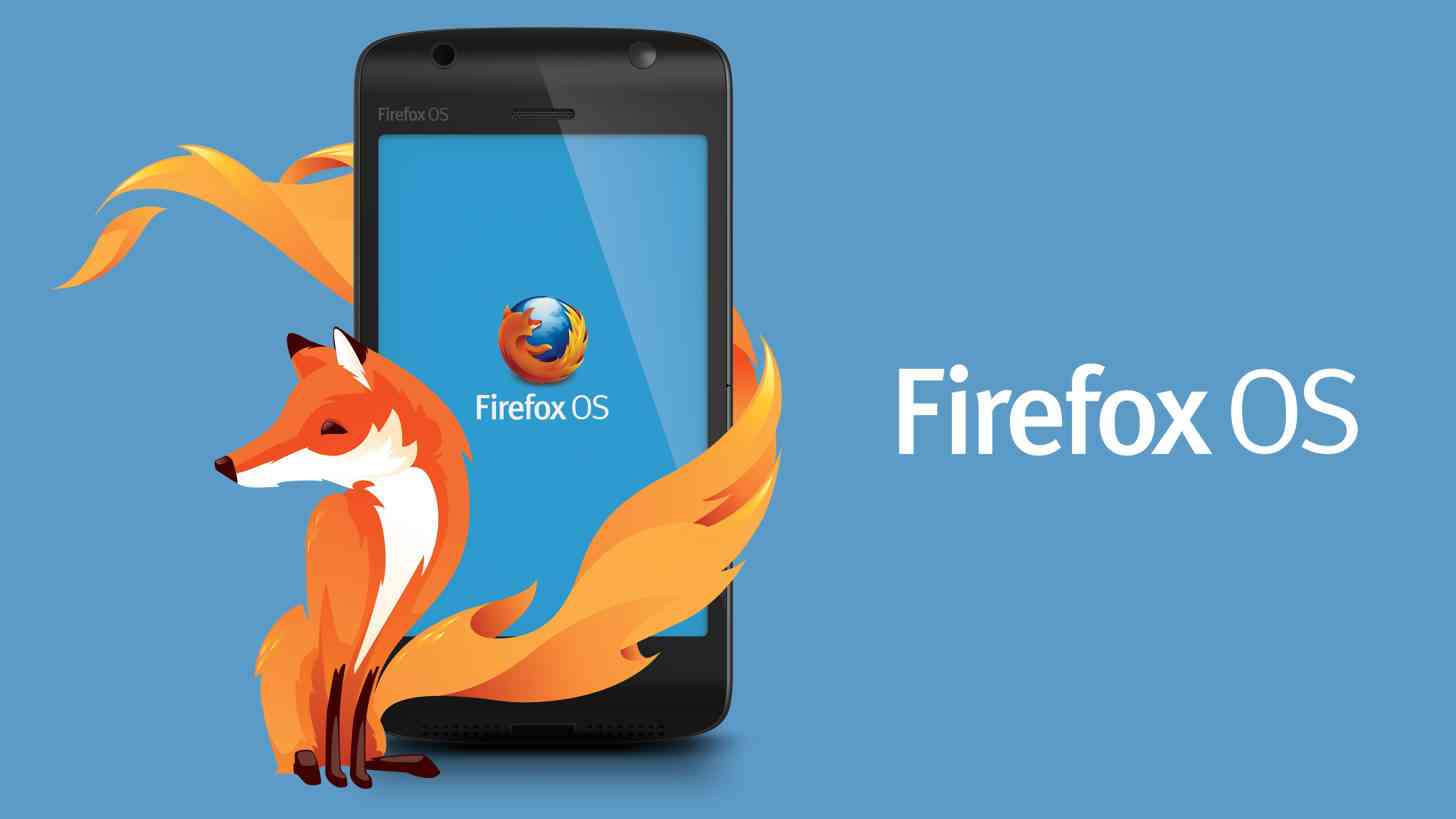
Currently, we have four major mobile platforms that are available to us: iOS, Android, Windows Phone (or Windows 10 Mobile), and BlackBerry 10. However, saying that all four of these platforms are “major” is a bit of a stretch considering that only two of them (Android and iOS) account for over 90% of mobile market share. Windows Phone and BlackBerry are practically fighting over bread crumbs, with BlackBerry seemingly on the verge of giving up (at least when it comes to developing their own platform).
There have been a few notable attempts at introducing new mobile operating systems to shake up the almost-duopoly that we have in place today. For example, a couple of years ago Canonical attempted to fundraise money for a smartphone that ran on Ubuntu Touch, but fell short of the required funding to do so. They have since done some quiet software development on Ubuntu for Phones in obscure parts of the smartphone industry, only popping up from time to time with nothing major to report on.
Then you have Mozilla’s Firefox OS, which was a browser-based operating system focused on bringing affordable smartphones to the market. When Firefox OS was introduced back in 2012, I would say that the market was in dire need of affordable smartphones. Since then, however, both Windows Phone and Android have stepped up to the plate and overshadowed Firefox OS’s attempts at cheap and decent smartphones. With conventional smartphones now being sold at affordable prices, Firefox’s web-based operating system didn’t really have much to offer anymore. As a result, Mozilla has recently announced that Firefox OS development has shut down.
There’s also the long-awaited prospect of Samsung’s Tizen OS, which seems like it has been talked about for ages but has little to show for it aside from a handful of smartwatches, TVs, and smartphones, which nobody aside from Samsung seems to really care about yet. Many chalk it up to the fact that Tizen is “so young” in comparison to the major mobile operating systems – which is true, as it’s only been around for 3 years – but I think there’s another reason why Tizen, among other lesser known mobile operating systems, is having trouble gaining traction.
Simply put, I think we’ve gotten to a point where we are less forgiving of imperfect mobile experiences. Most of us have already been through the days where smartphones were being “figured out”, and both Android and iOS provide a comfortable experience that most people are happy with. Not only that, but I believe the fact that both platforms manage to have a huge presence on all four major U.S. carriers at this point has also really helped.
It seems like a case of “right place, right time” for both iOS and Android. iOS was lucky that people were so receptive to it, despite that it was predicted to fail for a number of reasons such as limited availability for 4 years and came with a high price tag. Android was lucky that it was one of the only true alternatives to iOS, as well as the fact that it had something unique to offer as an open source platform. Android also covered the other three carriers that weren’t allowed to carry iPhones until 2011.
Now both platforms have years’ worth of adaptions, bug fixes, and app developments under their belt that absolutely crush up-and-coming competition. As important as I think it is to have competition, which breeds innovation, I know it’s hard for the general smartphone consumer to opt for a platform that may currently do “less” when there are already polished products available to them – sometimes at more than reasonable prices, no less.
Has the ship has sailed for more mobile operating systems to gain any traction against Android and iOS? Android may have started out as a laggy and bug-ridden piece of work that eventually became something great, but it was also presented at a time where not much else like it existed - and where it did (the iPhone) access to it was extremely limited. Now, a mobile operating system plagued with the same problems is just an inconvenience rather than an incentive.
Readers, what are your thoughts on mobile operating systems? Do you think we’ll ever see a new one emerge and succeed, or are Android and iOS essentially too big to fail? Let us know in the comments below!